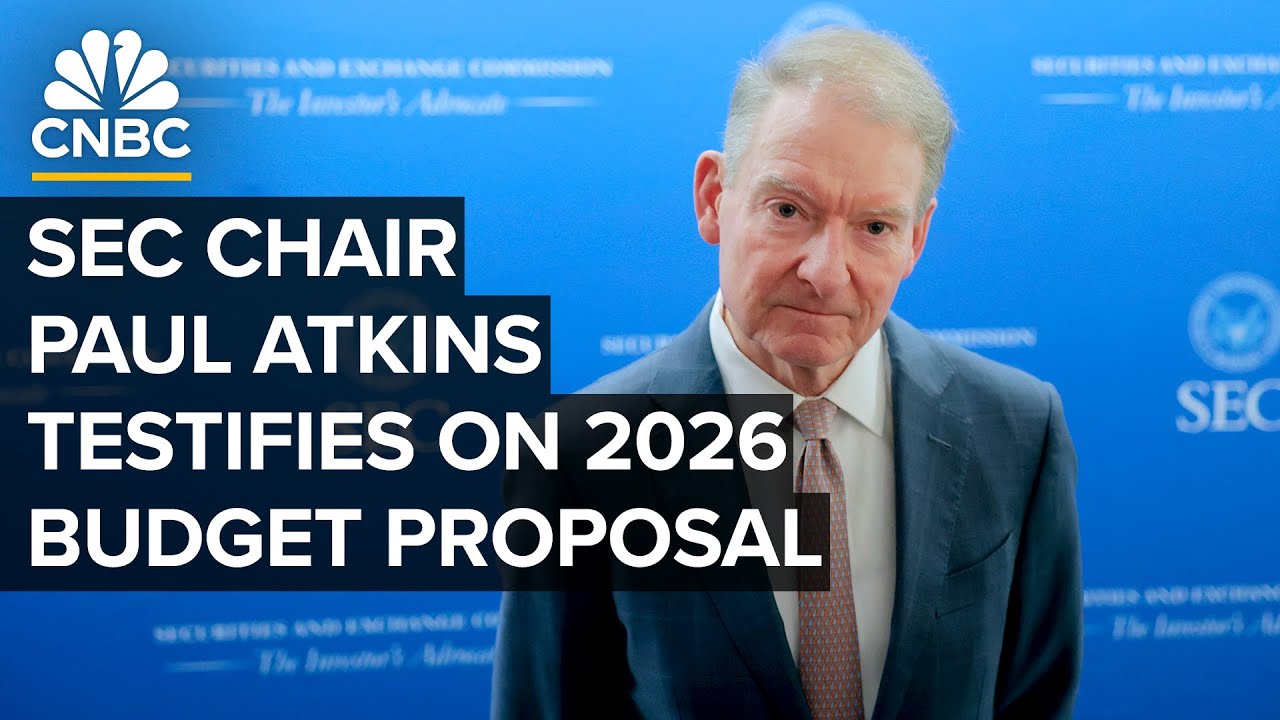Chairman Paul Atkins is leading the U.S. Securities and Exchange Commission (SEC) in a significant change to how digital assets are regulated. The suggested “innovation exemption” hopes to reduce the rules firms face while developing DeFi solutions. Instead of relying chiefly on enforcement, this policy tries to bring people together and encourages new ideas.
As a result, firms meeting the conditions could bring their new products and services to market faster. However, companies have to adhere to rules so that new developments are safe and legal. The target is to introduce decentralized services faster, but without compromising investors’ rights and the law.
SEC adapting regulation
Atkins says that rules made for broker-dealers and exchanges do not work in new, decentralized systems. In blockchain, several applications run automatically and without involving intermediaries. Existing guidelines are inadequate for handling this challenge.
The innovation exemption brings about this change by allowing experiments in new areas without following outdated regulations. This backs President Trump’s aim to see the U.S. become a leader in developing cryptocurrencies. The SEC wants to address the gaps in old rules so they fit better with the latest blockchain innovations.
A broader strategic shift
This initiative aims to make the entire regulatory process more transparent and inclusive. Instead of depending on enforcement and legal agreements, the SEC is using the “notice and comment” approach. As a result, everybody in the public and private sectors can provide input to shape new rules.
The impact could be very significant. With fewer difficulties, developers can work faster on their research and applications. Proper legal standards help attract more investors and lower the risk for involved parties. Having a supportive environment would attract global investors and experts. There is also a chance that it will allow old and new financial methods to interact more closely.
The innovation exemption rule shows that the SEC is taking a new approach to regulating. Supporting innovation with stringent regulations and encouraging discussions is allowing the United States to lead the development of blockchain technology. People are expected to take part in creating rules that will affect them.








